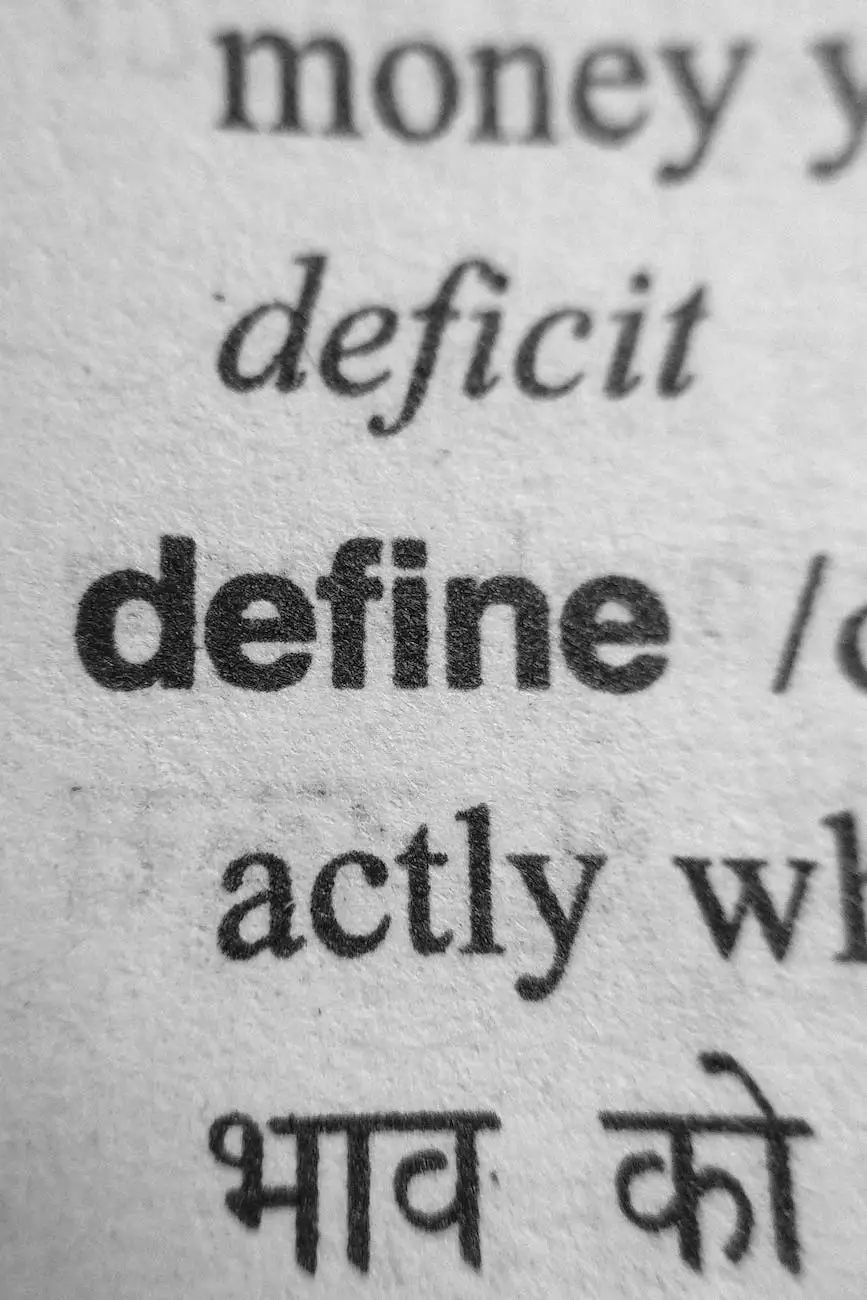How To Use Unless, As Long As, Provided – One Point - NJCLT
English Grammar Lessons
Introduction
Welcome to NJCLT's comprehensive lesson on using the conjunctions unless, as long as, and provided. These three conjunctions play a crucial role in English grammar and can greatly enhance your language skills. In this lesson, we will delve into each of these conjunctions and explore their correct usage. By mastering these conjunctions, you will be able to express conditions and exceptions with precision and confidence.
The Conjunction "Unless"
The conjunction unless is used to express a condition that must be met in order for something else to happen. It introduces a negative condition. For example: "I won't go outside unless it stops raining." In this sentence, the condition is "stops raining," and the main action depends on this condition. Unless is often used to imply a sense of caution or requirement.
To use unless effectively, remember to place it before a clause that represents the negative condition. This helps in clearly conveying your intended meaning. Unless can be used in various contexts, such as discussing personal preferences, making suggestions, giving advice, and presenting hypothetical scenarios.
The Phrase "As Long As"
The phrase as long as is commonly used in English to express a condition that must be fulfilled for a certain outcome to occur. It introduces a positive condition. For example: "You can go out to play as long as you finish your homework." In this sentence, the condition is "finish your homework," and the main action is "go out to play."
To use as long as effectively, ensure that it precedes the condition that needs to be met. This structure ensures clarity and emphasizes the importance of the condition. As long as can be used in a wide range of situations, including making promises, setting rules, establishing agreements, and discussing requirements for participation.
The Word "Provided"
The word provided is often used to introduce a condition that is necessary for a particular outcome or action. It indicates that something will happen only if a certain condition is met. For example: "We will have a picnic tomorrow provided it doesn't rain." In this sentence, the condition is "doesn't rain," and the outcome is "having a picnic."
When using provided, ensure that it is followed by the condition that needs to be fulfilled. This arrangement helps in clearly expressing the cause-and-effect relationship. Provided can be used to discuss specific situations, anticipate potential outcomes, set requirements, and establish conditional agreements.
Conclusion
By becoming proficient in using unless, as long as, and provided, you will be able to significantly improve your English language skills. These conjunctions allow you to express conditions, exceptions, requirements, agreements, and hypothetical scenarios with precision and clarity. Remember to practice using these conjunctions in different contexts to enhance your understanding and fluency.
Thank you for choosing NJCLT as your language learning resource. We believe that mastering unless, as long as, and provided will open up new possibilities for effective communication and expression in English. Stay tuned for more informative and engaging lessons to enhance your language journey!










